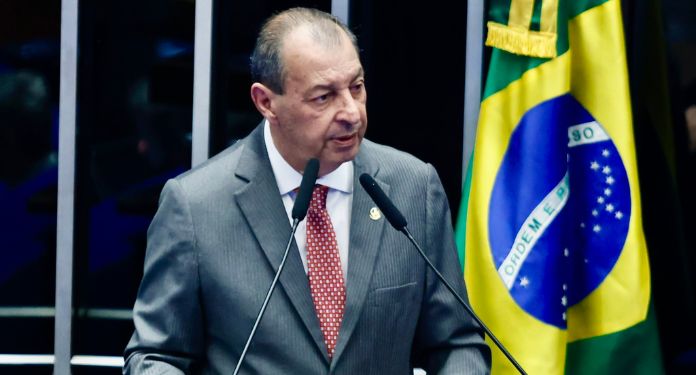
The growing influence of online betting in Brazil has caused the government to accelerate the approval of its regulation in the country.
A recent study by the Central Bank showed that Bolsa Família beneficiaries spent more than 3 billion reais on bets with PIX in August. This amount represents 20% of the total resources transferred by the program in the same month.
The impact of online betting in the country
Of the 20 million Bolsa Família beneficiaries, 5 million bet, with an average expenditure of R$100 per person. According to the study, in general, Brazilians spend around 20 billion reais per month on betting games throughout the year.
However, these numbers may be higher, as the study only considered transfers via PIX, leaving out other forms of payment.
The Federal Government is working to regulate the online betting sector and the new ordinance from the Ministry of Finance stipulated a transition period starting in October. In other words, starting next month, only bookmakers that have requested a license will continue to operate in the country.
Despite this, the National Confederation of Commerce (CNC) filed a complaint with the Federal Supreme Court (STF). The CNC seeks to block the law that was approved in December 2023. This legislation represents one of the government’s main steps to create guidelines in this growing market.
The CNC considers the law unconstitutional and asked the STF to declare it illegal. Furthermore, the entity seeks a precautionary measure that immediately ends the effectiveness of the law, thus interrupting the ongoing regulatory process.
Arguments for suspending betting in Brazil
The debate over the ban on online betting in Brazil has intensified in the Senate. The Central Bank study was carried out at the request of Senator Omar Aziz, who defends a temporary ban on betting until the regulation is fully implemented.
According to Aziz, betting has harmed the poorest families and it is necessary to act quickly to prevent the situation from getting worse. The debate continues in the STF and in Congress, as the government tries to improve measures that protect the most vulnerable.














